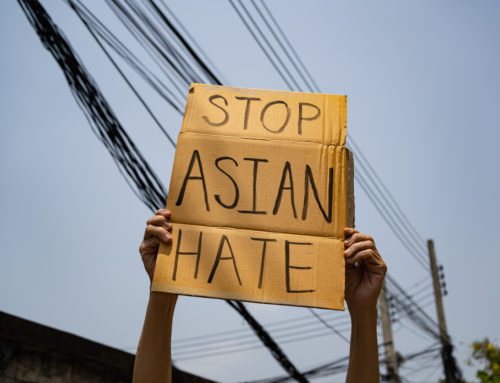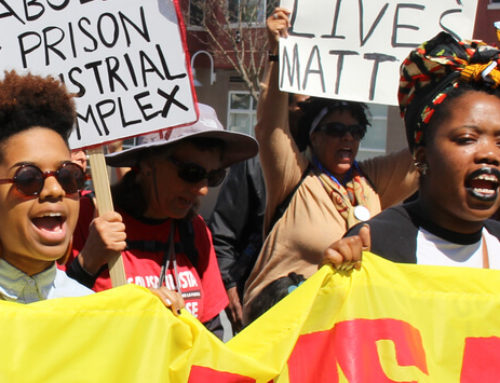We at Center for Social Inclusion (CSI) are deeply disappointed by the grand jury decision to not indict Officer Darren Wilson for the killing of Mike Brown.
We remember that at the center of this tragedy is an 18 year old young man, Mike Brown, and the tremendous loss his family will endure for the rest of their lives. We look to the residents of Ferguson, particularly young people, who peacefully took to the streets and organized every day to tell the world about Mike Brown, to proclaim that #BlackLivesMatter, and to demand justice.
Yesterday, justice was not served. The criminal justice system failed to indict Officer Wilson, while the system succeeded in indicting Mike Brown.
For this, we must continue to demand justice and mobilize. We should support a federal investigation in Ferguson.
Within the criminal justice system, we must continue to challenge individual and institutional racial bias. Already, organizers and advocates are working to transform this system, organizing to disrupt the school-to-prison pipeline, demand greater transparency and accountability of police departments, or to decrease “shooter bias” in police officers. We need to support this work.
Yet, working on biases and institutional practices alone is not enough. We must overhaul the policies that shape our communities as whole.
Ferguson became Ferguson. Ferguson, which is majority Black, is also one of the poorest suburbs located in one of the most unequal regions in the United States. This did not happen naturally. Policies, both past and present, created and maintained these conditions. For example, housing policies dating back to the early 20th century, from zoning to restrictive covenants drove segregation in St. Louis County, where Ferguson sits. Because housing was segregated, schools became segregated as well. And with segregation came disinvestment, resulting in under-resourced, underserved, predominantly Black communities living in a town like Ferguson. This is how structural racial inequity operates.
Instead of seeing how decades of disinvestment created towns like Ferguson, we all too often blame a “culture of poverty” for those conditions, priming us to broadly paint people of color, particularly Black people, as less innocent, suspicious and more criminal. This, in turn, leads to more policing and helps explain the disproportionate force police use on people of color compared to White people.
This is the racialized cycle of poverty and criminalization that is fertile ground for tragedies like the murder of Mike Brown.
Ferguson is not unique. As President Obama said, “We need to recognize that this is not just an issue for Ferguson. This is an issue for America.” As we’re focused on justice for Mike Brown, we also remember Tamir Rice, Akai Gurley, Trayvon Martin, Tanesha Anderson, Rekia Boyd, Oscar Grant, and many more. We need to support community-based organizing that brings change from the ground-up – from policing to housing to education to transportation to food. We look to young people of color who are already creating networks of organizing to resist and dismantle the structural racial inequity in their neighborhoods.
We should also think about how local governments can begin to redress decades of inequity. In Ferguson, the city council established a police review board which is a good first step. The council also took steps to lessen or remove court fines that have disproportionately impacted people of color (and added to the city’s coffers). These are the building blocks towards structural transformation that will benefit us all.
We need to bridge all of these strategies so that we can chip away at the structural arrangements that deny the basic humanity to people of color and fuel tragedies like death of Mike Brown at the hands of a police officer.
We are not well. Ferguson is a weather vane that tells us we have a long distance to travel between our national rhetoric and our national reality.
We can build a better future for all us. It requires all of us.


